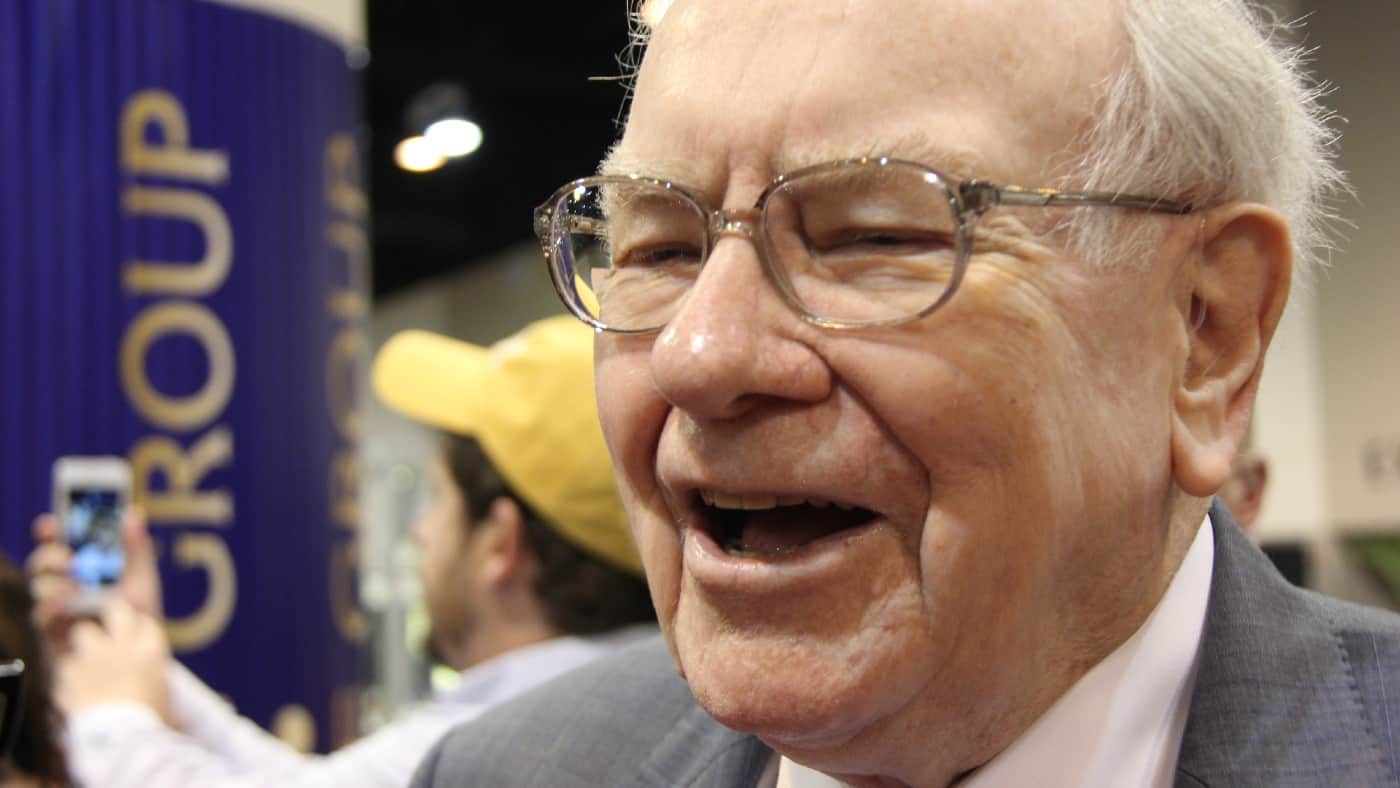
In an era where AI-generated content is becoming increasingly prevalent, a new phenomenon called “deep doubt” is emerging, according to a recent . This concept refers to the growing skepticism towards real media due to the existence of generative AI. The term “deep doubt” describes the public’s increasing distrust of media artifacts, leading to a troubling consequence: People can now more credibly claim that real events didn’t happen, suggesting that evidence was fabricated using AI tools.
“Deep doubt is skepticism of real media that stems from the existence of generative AI,” the article explains. This phenomenon has roots in the emergence of “deepfakes” in 2017, but its real-world impact is becoming increasingly apparent. Related Story: Conspiracy Theories Fuel Distrust Recent examples of deep doubt in action include conspiracy theories about President Joe Biden being replaced by an AI hologram and former President Donald Trump’s baseless accusations of Vice President Kamala Harris using AI to fake crowd sizes at her rallies.

Legal scholars Danielle K. Citron and Robert Chesney foresaw this trend, coining the term “liar’s dividend” in 2019 to describe how deepfakes could be weaponized to discredit authentic evidence. Related Story: Eroding Trust in Media The rise of deep-learning technology has made it easier for people to create false or modified media that appears genuine.
This erosion of trust in media could have far-reaching implications for political discourse, legal systems, and our shared understanding of historical events. “As the deep doubt phenomenon grows, it will erode this 20th-century media sensibility,” the article warns. The challenge now lies in recalibrating our perception of truth in media as AI-generated content becomes more sophisticated and widespread.
Read more at.










